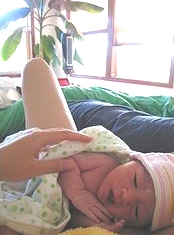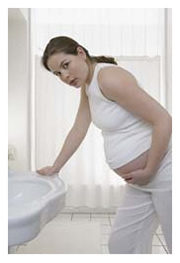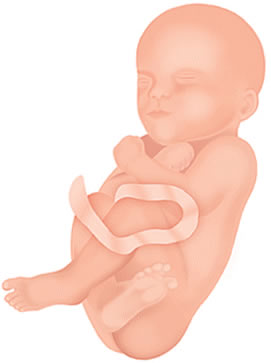Is Homebirth As Safe As Hospital Birth?
 There seems be a growing interest in the homebirth option of childbirth and I suppose that this is because women see this as a true natural childbirth method.
There seems be a growing interest in the homebirth option of childbirth and I suppose that this is because women see this as a true natural childbirth method.
How safe is a homebirth?
One thing is for sure, there seems to be a number of conflicting reports as to just how safe or unsafe a homebirth is. There does certainly seem to be a greater support leaning towards homebirths. Nowadays homebirths can be just as safe as hospital births, if not more. One case study, presented on October 20, 1976 before the 104th annual meeting of the American Public Health Association, points out the following: In 1046 homebirths vs hospital births, for the same age, gestational age, number of pregnancies, risk factor, presentation of the baby and the homebirths also having trained attendants and prenatal care, the following was concluded:- There was a 3 times greater chance of a woman having a cesarean at hospital than at home.
- The hospitals made use of forceps almost 20 times more.
- Twice as many used oxytocin to accelerate or induce labor.
- The hospitals showed up to six times more infant distress in labor.
- Five times more cases of maternal high blood pressure.
- Three times greater incidence of postpartum hemorrhage.
- Four times more infection among the newborn.
- Three times more babies that needed help to begin breathing.
- While the hospital group had thirty cases of birth injuries, including skull fractures, facial nerve palsies, brachial nerve injuries and severe cephalohematomas, there were no such injuries at home.
- The infant death rates for hospital vs homebirth were essentially the same.
Who does homebirthing?
During a homebirth, care is generally provided by midwives. They can be:- Certified Nurse Midwives, who are registered nurses with additional education in midwifery and certification through their professional governing body
- Certified Midwives, who gained their knowledge via schools and/or practical application and are certified by the state or through other organizations
- Direct-Entry Midwives, who learned their craft through apprenticeship with experienced midwives
Homebirth



